Mental Health Support
Mental health is the foundation for families to grow, connect, and nurture one another in a positive, supportive environment. When caregivers and children feel emotionally safe and understood, they are better equipped to build strong, healthy relationships that foster trust, resilience, and lifelong learning. Prioritizing mental well-being at home helps families manage stress, communicate effectively, and support each other through life’s challenges. It also creates the emotional space needed for children to thrive and for parents to feel empowered in their roles. By embracing mental health as a vital part of family life, we lay the groundwork for stronger, more nurturing homes and brighter futures.

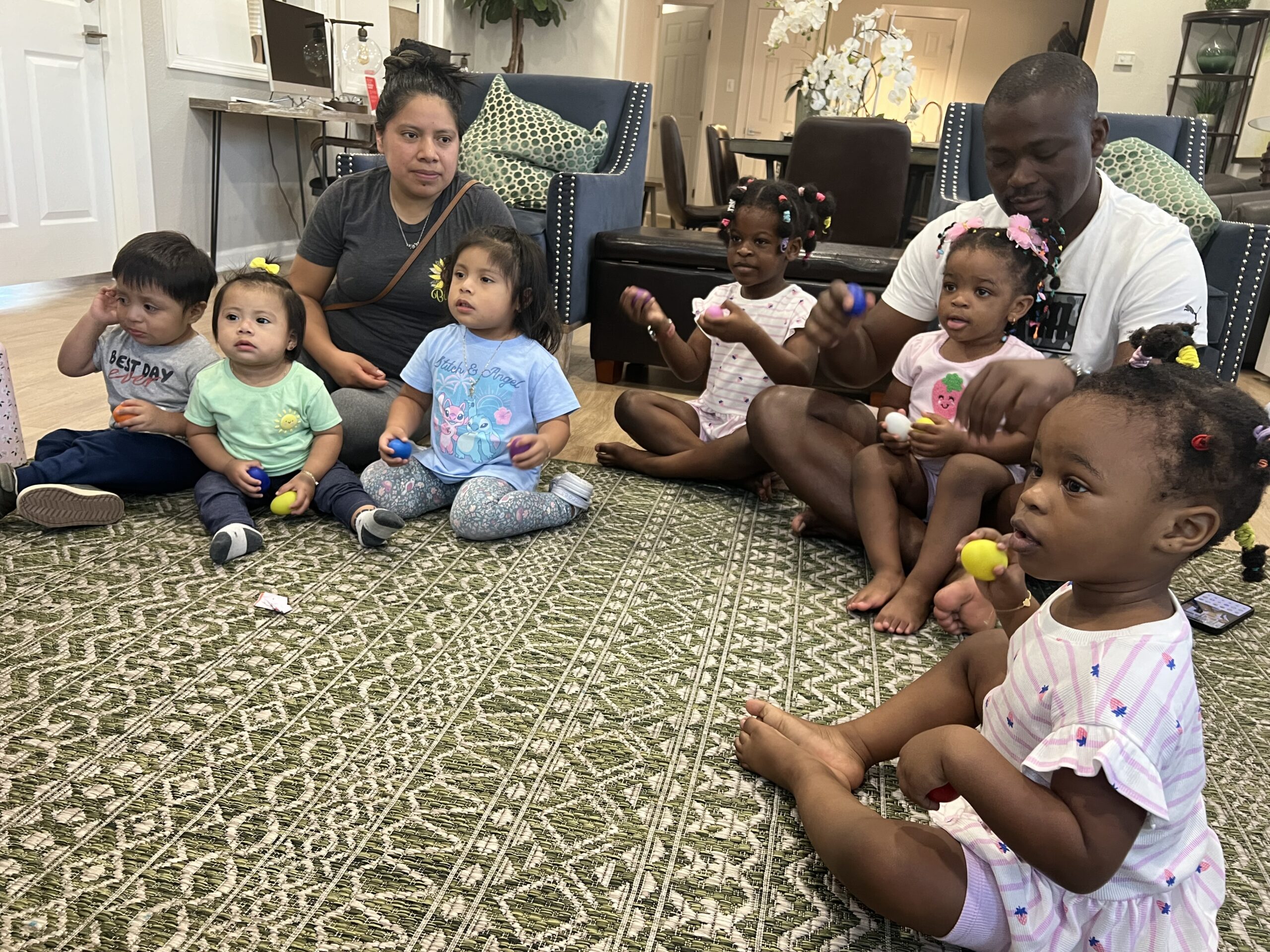

Maternal Mental Health
Maternal mental health plays a critical role in shaping early childhood development. A mother’s emotional well-being directly influences her ability to bond, nurture, and respond sensitively to her child’s needs. When mothers experience mental health challenges such as anxiety, depression, or high stress, it can affect their interactions with their child, potentially hindering the child’s emotional, cognitive, and social development. On the other hand, when maternal mental health is supported, children are more likely to grow up in a stable, loving environment that fosters healthy brain development, secure attachment, and positive long-term outcomes. Investing in maternal mental health is not only vital for mothers, it lays the foundation for the well-being and future success of their children.
Maternal Mental Health in Texas (2024)
Mental health conditions are among the leading underlying causes of pregnancy-related deaths in Texas.
In the 2020 case cohort, mental health and substance use disorders were identified as contributing factors in over 40% of reviewed maternal deaths.
Suicide and overdose remain top causes of maternal mortality, especially in the postpartum period (up to one year after birth).
The report emphasizes the need for integrated behavioral health care, especially during the preconception, pregnancy, and postpartum periods.
Access to mental health services remains a challenge, particularly for women in rural and underserved communities.
The MMMRC recommends expanding screening, referral, and treatment for maternal mental health conditions across all care settings.
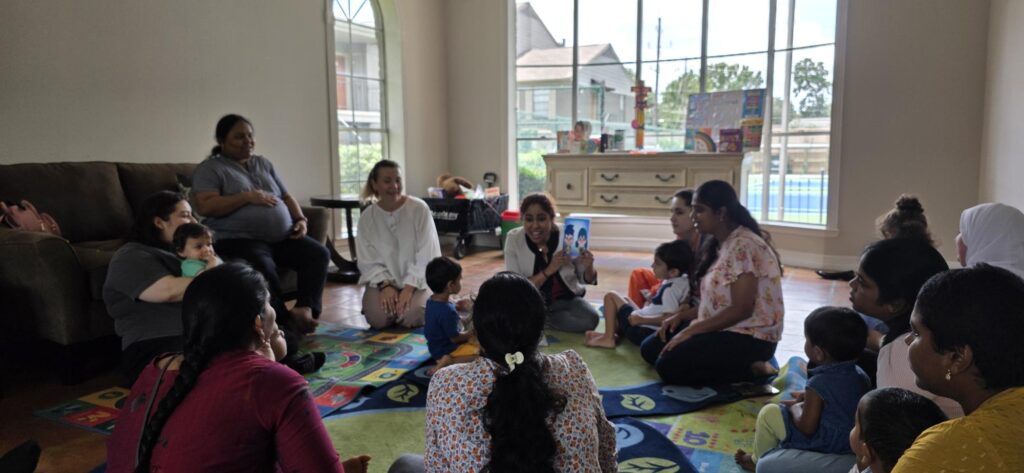

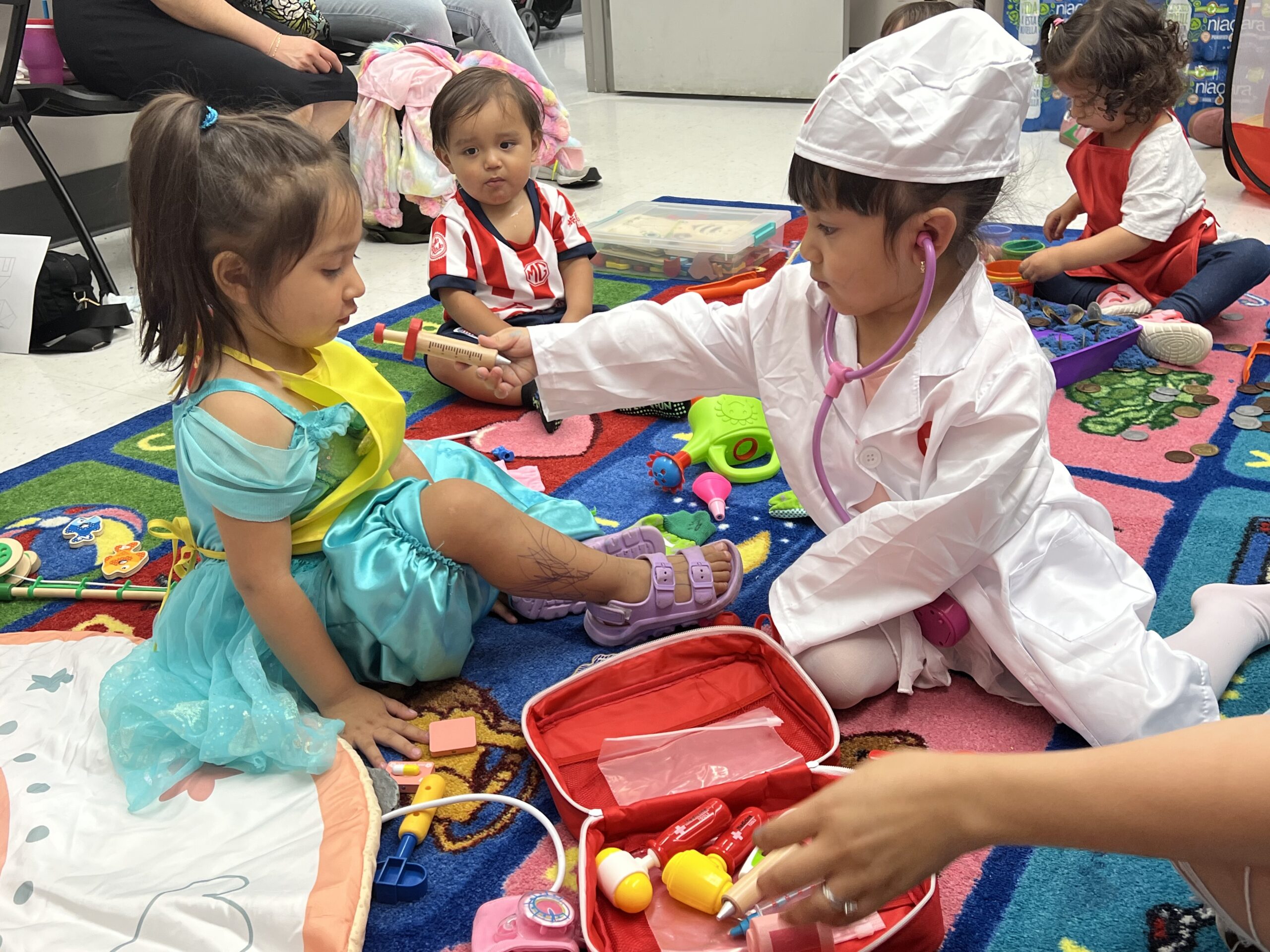
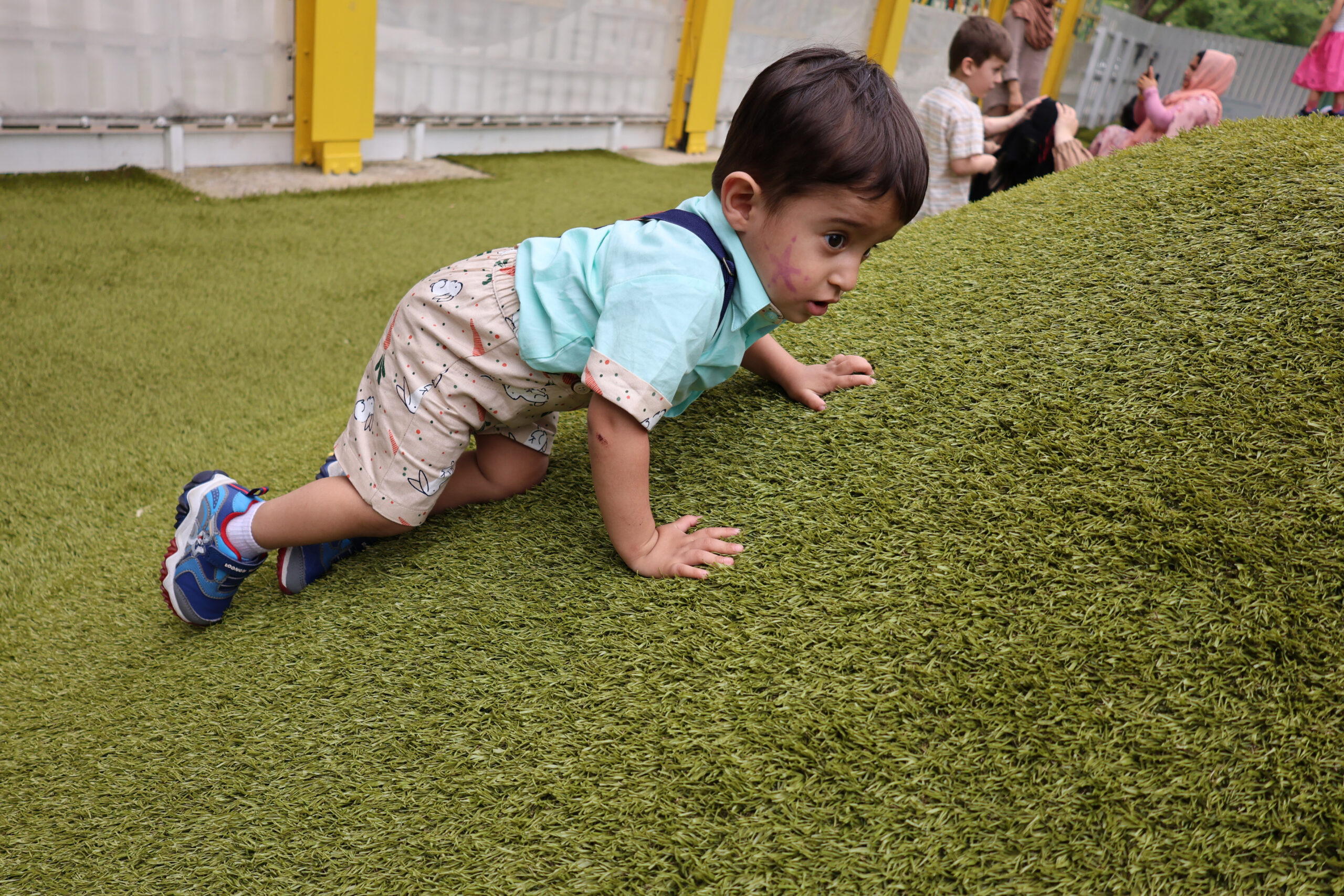
Mental Health & Early Childhood Development
Trauma in early years can disrupt brain development and emotional regulation. Experiences like conflict, neglect, or displacement affect a child’s sense of safety. These disruptions can lead to challenges in learning, behavior, and relationships. Without timely support, negative effects may persist into later life. Trauma-informed care offers stability, nurturing, and responsive interactions. Early support helps children heal, build resilience, and reach their full potential.
Our Approach
By investing in maternal mental health, we’re creating a ripple effect that:

Improves early childhood development outcomes

Strengthens family resilience

Breaks intergenerational cycles of poverty and trauma
Disproportionate Impact on Communities of Color
Non-Hispanic Black mothers experience MMHCs at a rate of 19%, compared to 15% among Hispanic mothers and 12% among White mothers.
The associated costs per Black mother–child pair exceed $62,000.
Untreated Maternal Mental Health Conditions Risks
Delayed language and motor development
Behavioral and learning difficulties
Poor school readiness and chronic health issues
Economic and Developmental Cost of Inaction
$2.2 Billion estimated total cost of untreated MMHCs in Texas for the 2019 birth cohort over a six-year period.
$44,000 average cost per mother–child pair associated with mental health conditions
Trauma-Informed Early Childhood Development at Rupani Foundation
Recognizes the impact of trauma
Our Informed Parenting sessions are designed with an understanding that many families, especially refugees and immigrants, have faced displacement, violence, or loss. We meet families where they are, with compassion and knowledge.
Creates nurturing environments
Both Informed Parenting and Brain Builders take place in trusted community spaces, often in families’ own apartment complexes, building a sense of safety and belonging essential for healing and growth.
Helping Children and Parents
Helps children build trust and begin healing Through weekly interactive activities between parents and children, our programs help strengthen secure attachments, laying the foundation for emotional well-being and resilience.
Supports both children, caregivers
We know that healing is relational. Our dual-focus approach supports parents through guided group discussions and one-on-one visits, while nurturing children’s development through play and connection.
Consistency, Empathy, Culture
Uses consistency, empathy, and cultural sensitivity Delivered by trained community health workers from within the community, our programs offer continuity, empathy, and culturally responsive care that respects each family’s journey.
Builds resilience and life skills
Through science-based practices in Brain Builders and hands-on learning in Informed Parenting, families gain the tools to manage stress, nurture emotional growth, and support long-term child development.
Advocacy for Maternal Mental Health
Rupani Foundation USA is deeply committed to maternal mental health as a cornerstone of family well-being and early childhood development. We proudly championed this cause at the Texas Capitol, engaging over 21 state representatives and 4 senators on Maternal Mental Health Day. Our ongoing advocacy includes years of support for NAMIWalks and sponsorship of major NAMI events to raise awareness. Because healthy mothers build healthy communities.
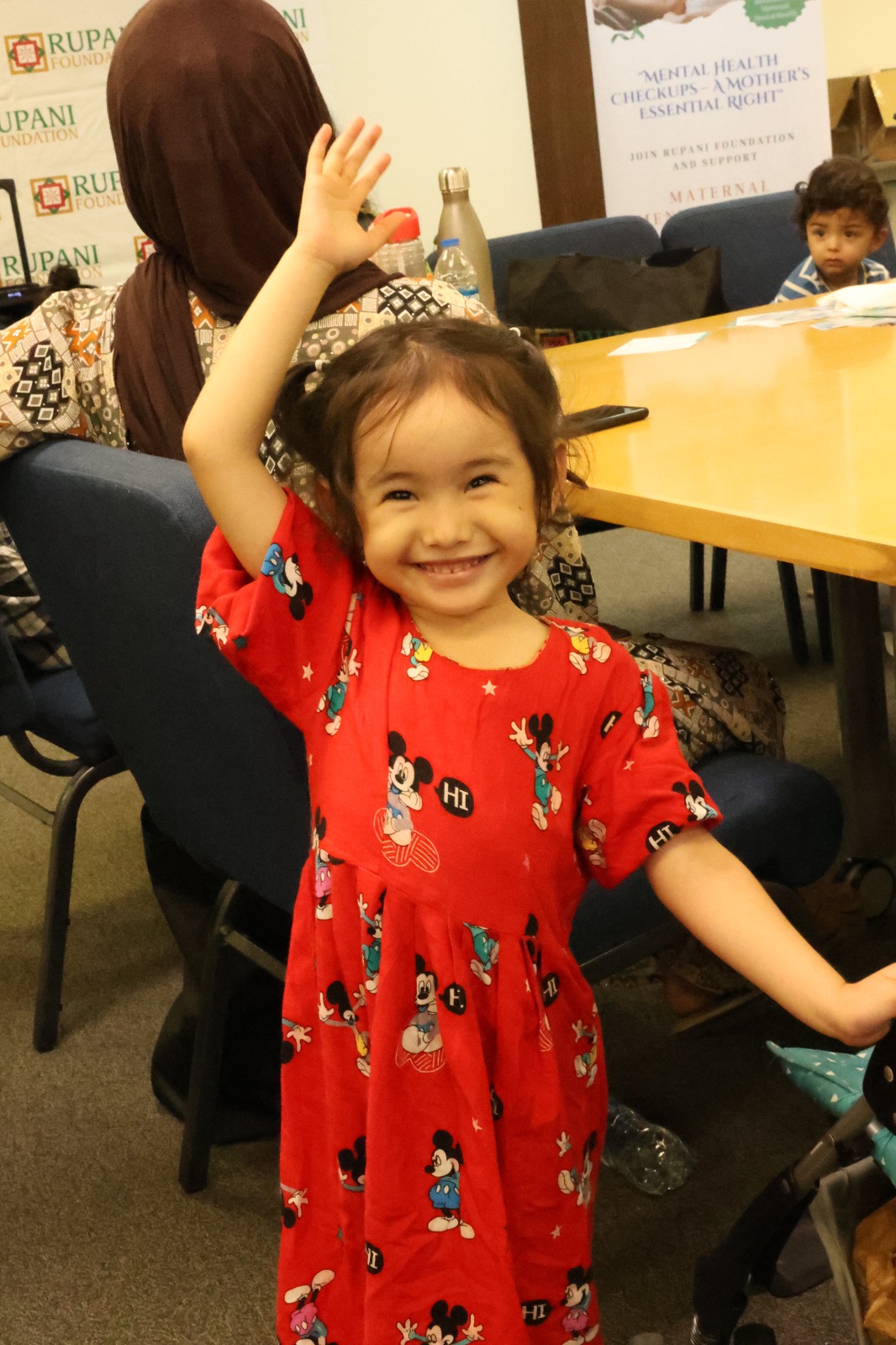

Strengthening Maternal Mental Health Support in Collaboration with Ibn Sina Foundation
Rupani Foundation prioritizes the mental well-being of mothers by offering free initial screenings for depression, anxiety, and other mental health concerns to all participants in its programs. Recognizing the critical link between maternal mental health and family well-being, the foundation has established a strong referral partnership with Ibn Sina Foundation, ensuring that mothers who need further support receive timely and compassionate mental health services. This integrated approach helps mothers access the care they need, fostering healthier families and stronger communities.
Maternal Mental Health & Early Childhood Development Task Forces
Rupani Foundation launched the Maternal Mental Health & Early Childhood Development Task Force to address critical gaps in care for mothers and children in underserved Texas communities. Recognizing the link between maternal well-being and early brain development, the Task Force unites experts and community leaders to identify barriers, co-create solutions, and drive systemic change. Its goal is to bridge services, amplify marginalized voices, and ensure every mother has the support to raise a thriving child.
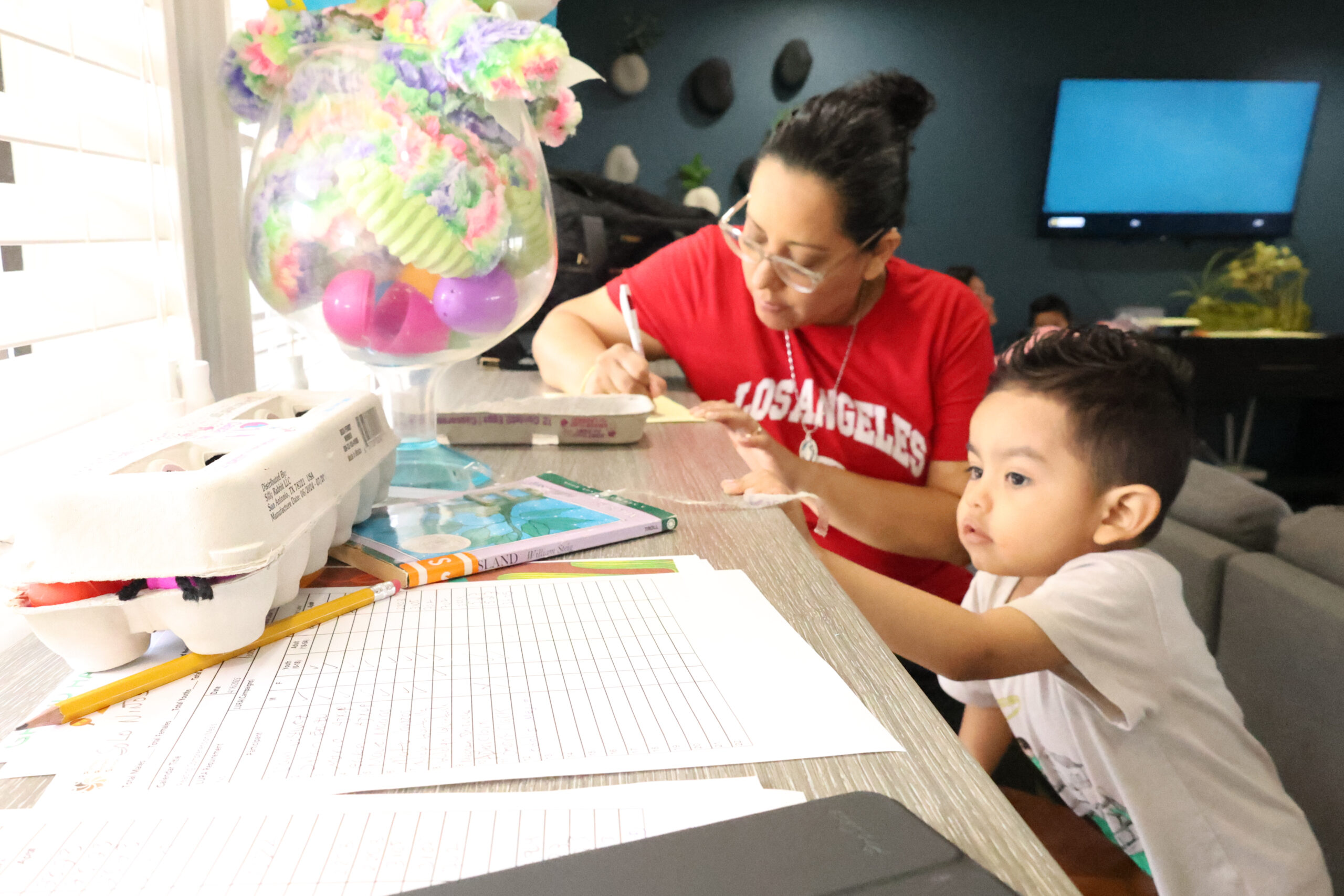
Task Force 1
Recognizing the critical link between a mother’s mental well-being and a child’s early development, Rupani Foundation USA established the Maternal Mental Health & Early Childhood Development Task Force, a dedicated effort to address urgent gaps and create lasting solutions across Texas. Launched to address urgent maternal mental health gaps across Texas, Rupani Foundation’s Task Force marked Maternal Mental Health Day by presenting its first set of findings to four Senators and 22 House Representatives at the Capitol in Austin.
Key focus Areas


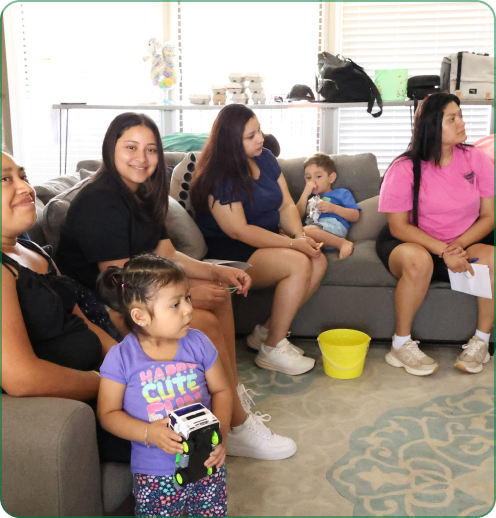
Improving access to maternal mental health care
Bridging service gaps in transportation, language access, childcare, and screenings
Improving access to maternal mental health care
Strengthening the early childhood interventions
Advocating for policy change and systems-level coordination
Who’s Involved
Our Task Force brings together
Community leaders
Early childhood development experts
Mental health Professionals
Healthcare providers
Testimonials
We’ve had the privilege of working with incredible clients worldwide. Their kind words reflect our dedication to quality, creativity, and timely delivery.
Role of Maternal Mental Health & Early Childhood Development Task Force
The Maternal Mental Health & Early Childhood Development Task Force at Rupani Foundation serves as a collaborative platform to:

Assess Gaps and Needs
Identify barriers to maternal mental health and early childhood services in underserved communities

Develop Community-Driven Solutions
Co-create practical, culturally responsive strategies grounded in real-world experiences.

Advocate for Systems Change
Inform policy, funding, and service delivery models to improve access, equity, and impact.

Promote Awareness and Education
Elevate public understanding of maternal mental health as essential to early development

Convene Stakeholders
Bring together healthcare providers, early childhood experts, community organizations, and policymakers to align efforts
Ultimately, the Task Force drives collaborative action to ensure mothers and young children in Texas have the support they need to thrive.
